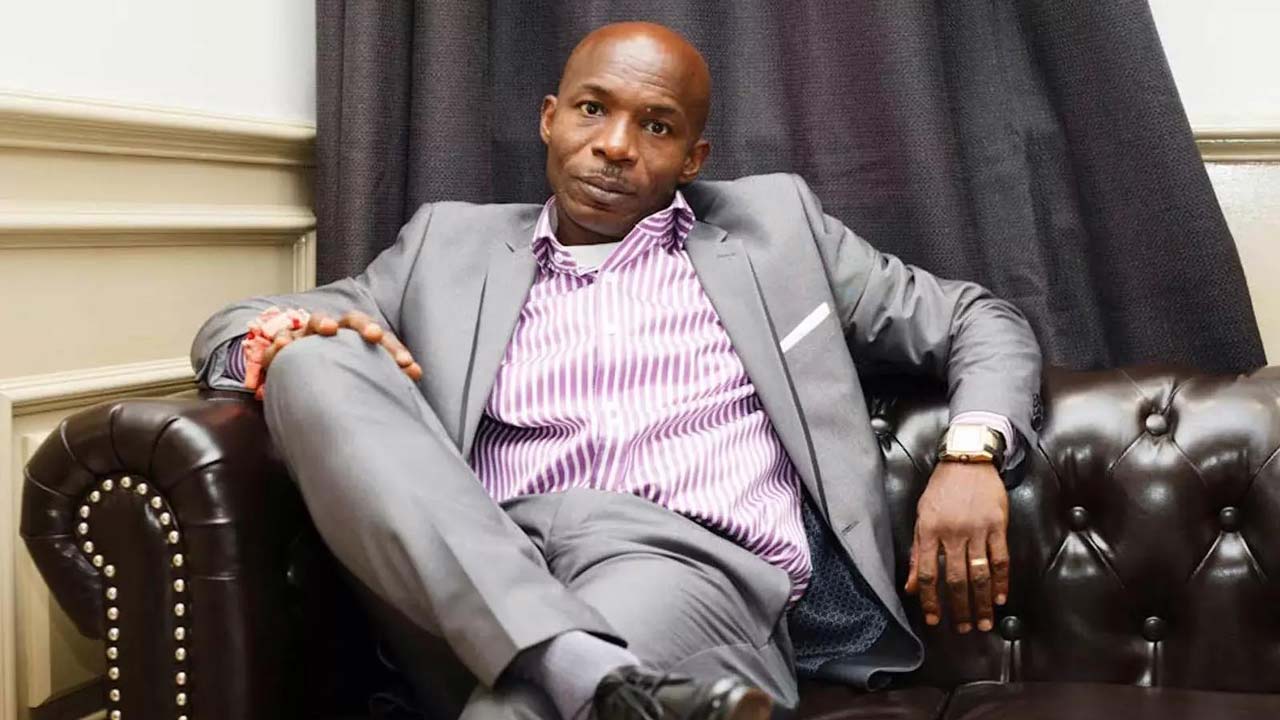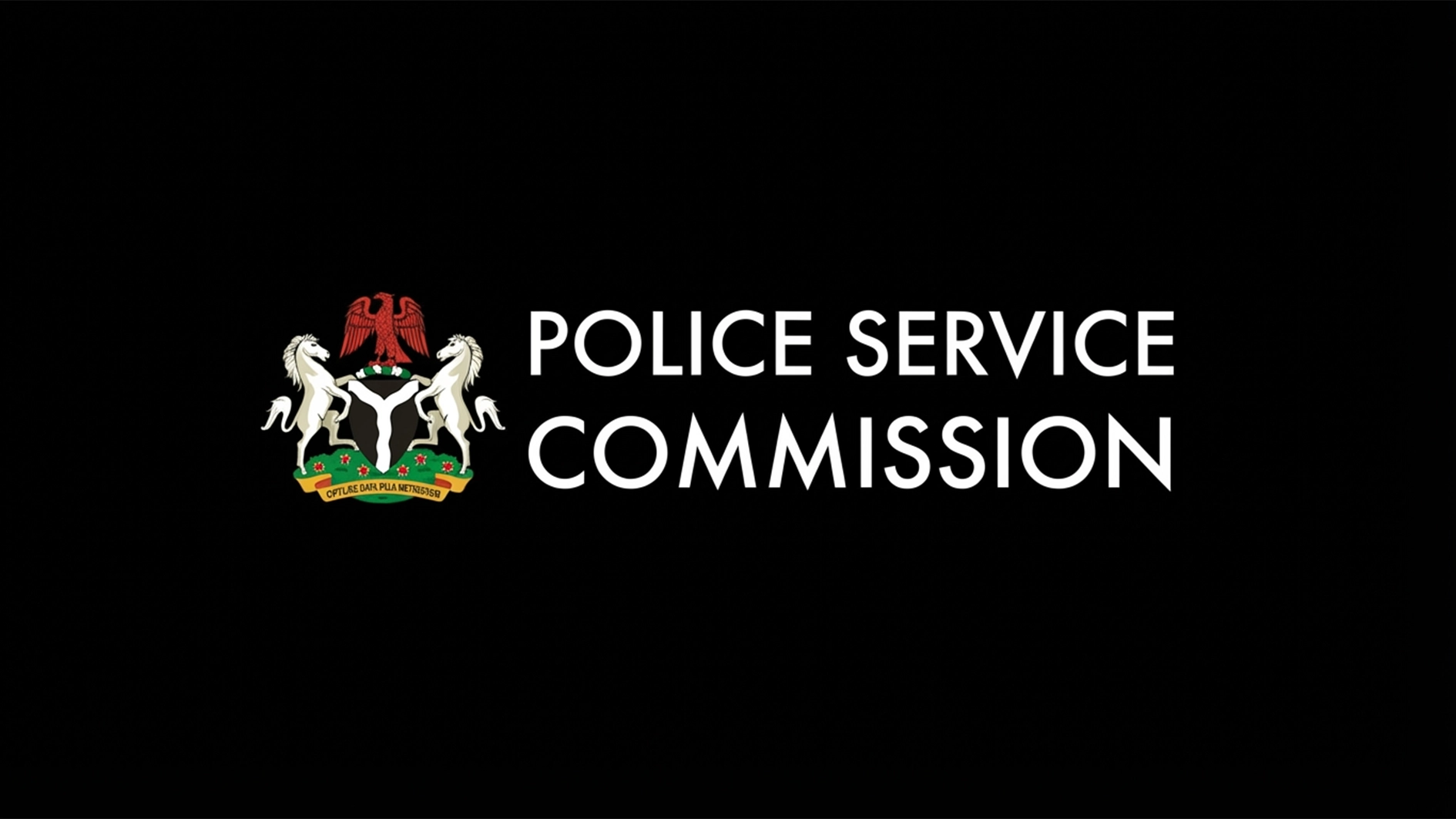No fewer than 86,400 public secondary school students and 1,440 teachers in 12 states, including Kwara, have been targeted for sponsorship education on drugs and the impact of substance abuse by MTN Nigeria.
Chinyere Ikechi, Manager of Sales and Trade Development for the Kwara area, who disclosed this on Tuesday at a stakeholders’ workshop in Ilorin, Kwara State, on the implementation of the Unplugged Teachers Training on drug prevention in the state, lamented the poor and uncertain condition of Nigerian youths, which compelled MTN Foundation into action.
Appraising the need to invest in prevention rather than cure, the MTN representative listed many efforts by the multinational company to rescue the youths from abysses, hinting that it has discouraged the youths from reliance on banned substances through quizzes and competitions in primary and secondary schools.
“We encourage them to participate in our quiz competition; facilitate a stakeholders’ workshop and a three-day training for 60 secondary school teachers in Kwara and Kaduna; sensitise our communities through outreaches in collaboration with the National Youth Service Corps (NYSC),” she said.
Speaking further at the jointly sponsored event with the state government, MTN, the United Nations Office on Drugs and Crime (UNODC), and the National Drug Law Enforcement Agency (NDLEA), Chinyere said the post-training activities that will be carried out by the trained teachers through engagement and monitoring, to ensure sustained impact, are aimed at the students “who we all expect to be advocates/ambassadors of this initiative,” which is what MTN aims to achieve.
She said the theme: Unplugged Teachers Training on Drug Prevention in Kwara and Kaduna States would, through training, certainly “pave the way for a digital framework to be developed because the need to scale impact on this subject matter is pertinent.”
The representative of the UNODC, Maria Ilugbuhi, bemoaned the heavy involvement of African youths in drugs and other banned substances, recalling that one in seven of them indulges in drug abuse, with the largest population in the southwest.
She cautioned that unless immediate emergency steps are taken “by 2030, the number would increase by 40 per cent.”
She said, “One in every seven Nigerians is a drug user,” adding that “one in every four drug users is a female.”
She, however, confirmed that a recent survey stressed that “South West Nigeria has the highest number of drug users in the country.
“In a more recent survey of 84,000 youths conducted by UNICEF/UNODC, 50 per cent of them said they personally knew someone who uses drugs.
“So the rate of drug use in the country is high, and by 2030, it is estimated to increase by 40 per cent in Africa.
“These figures underscore the need for comprehensive strategies addressing drug use, including prevention, treatment, and support services,” she noted.
Ilugbuhi identified socioeconomic, cultural, and health-related elements as contributing to the menace.
She urged, “If we are going to avert this estimated increase, we must invest heavily in drug prevention.”
Representing the Governor, Mallam AbdulRahman AbdulRazaq, his Senior Adviser/Counsellor, Alhaji Saadu Salahu, commended MTN for its interest in a drug-free society, acknowledging the critical role teachers play in moulding the students who will be leaders of tomorrow.
He traced the security challenges confronting the country to drug addiction.
He charged teachers to support the state government in making its various interventions in combating drug abuse successful.
The governor also praised the state community policing operatives for their efforts in combating crime and criminality in the state.
Earlier in his welcome address, the Special Assistant to the governor on Drug Abuse Prevention and Control, Aileru Olamileka, described the workshop as significant “because it centres on the Unplugged Teachers Training Programme—a globally recognised school-based prevention initiative.
“By equipping our teachers with knowledge, skills, and strategies to educate students about the dangers of drug use, we are investing in prevention rather than cure, in education rather than rehabilitation,” he noted.






